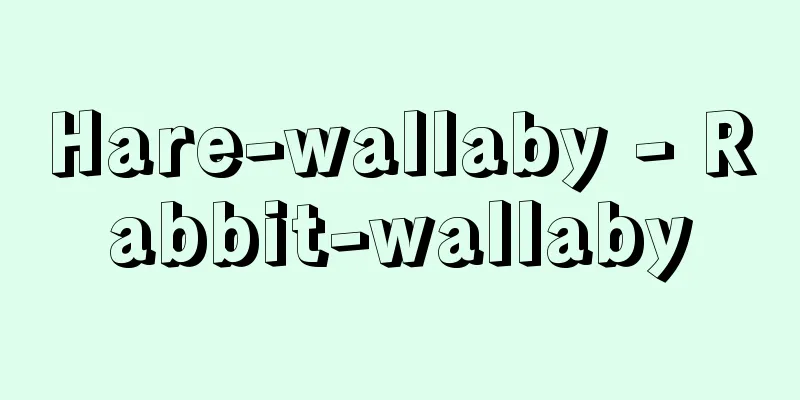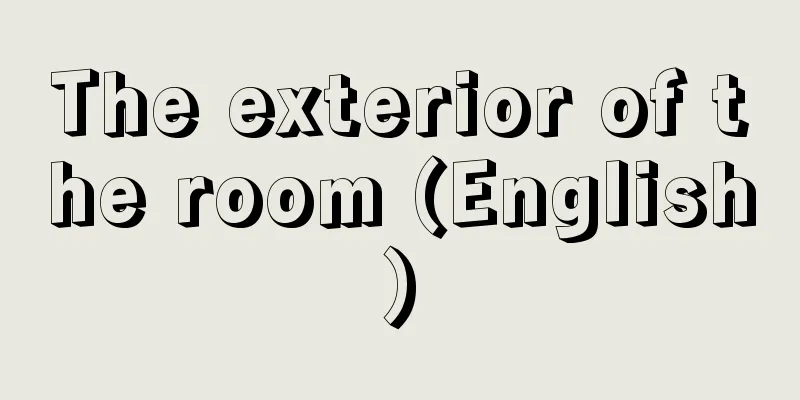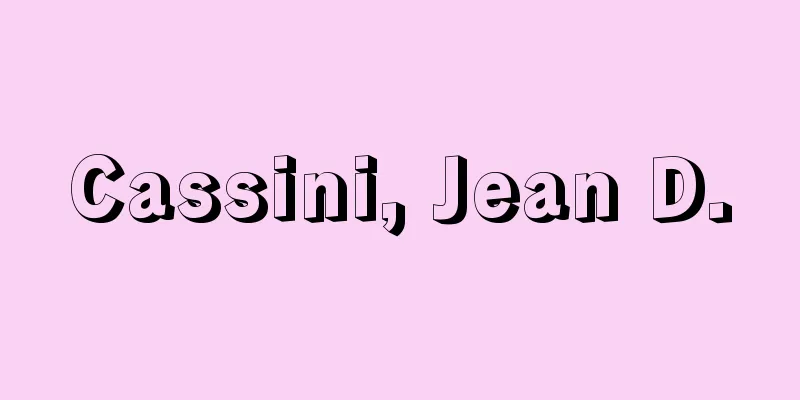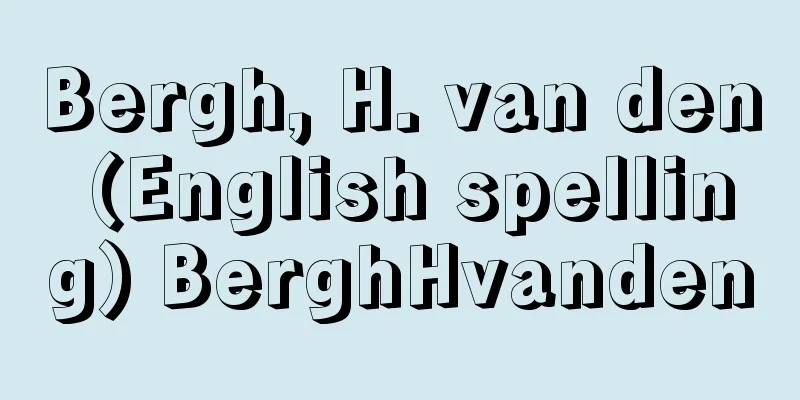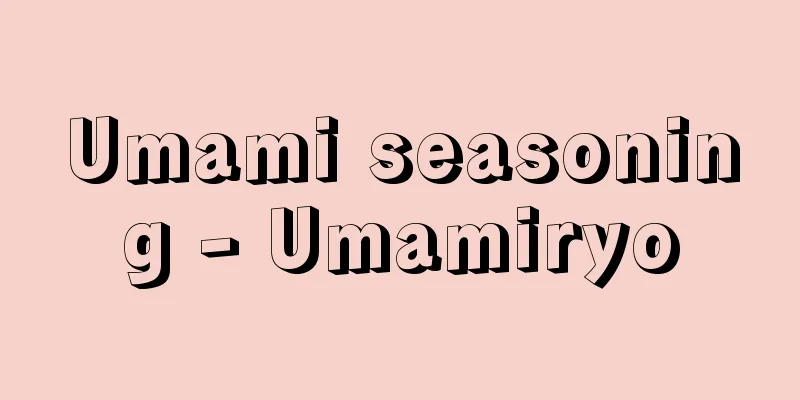Polish United Workers' Party (Poland United Workers' Party)
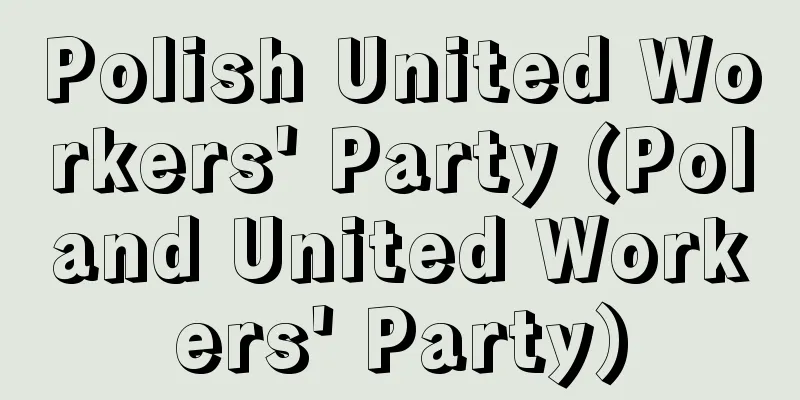
|
The ruling party in Poland during the socialist era. It was formed in December 1948 by the merger of the Workers' Party (Communist Party) and the Polish Socialist Party. Under the Gomułka government, which replaced the Stalinists, the control of the United Workers' Party weakened, but in 1970 riots broke out over food price hikes, leading to Gomułka's downfall. Edward Gierek became first secretary. Under Gierek, the party took a more flexible line in responding to democratization demands, but was not always successful in managing the economy, and in 1980 Stanisław Kania became first secretary. In October 1981, Wojciech Jaruzelski, a military man and prime minister, also took on the role of first secretary. The party then underwent a major transformation in the face of the wave of liberalization. In June 1989, the first parliamentary elections in Eastern Europe were held, albeit on a limited basis, and Solidarity, the leader of the liberalization movement, won a landslide victory, forcing the United Workers' Party to suffer a major setback. In September 1989, the Solidarity-affiliated Mazowiecki government was formed, making it the first non-communist party in Eastern Europe to take power. In December 1989, constitutional amendments were passed, deleting the clause that stipulated the United Workers' Party's leading role. The United Workers' Party held a party conference in January 1990, and renamed itself "Social Democracy of the Republic of Poland" in an attempt to become a Western European-style social democratic party. However, a faction that claimed that this reform was not enough called for a complete break with the past and formed the Social Democratic Party (Democratic Left Alliance), splitting the party. Source: Encyclopaedia Britannica Concise Encyclopedia About Encyclopaedia Britannica Concise Encyclopedia Information |
|
社会主義政権時代のポーランドの支配政党。 1948年 12月労働者党 (共産党) とポーランド社会党が合体して結成された。スターリン主義派に代わって誕生したゴムウカ政権下では統一労働者党の支配がゆるんだが,1970年の食料品値上げ問題で暴動事件に見舞われ,ゴムウカは失脚。エドワルド・ギエレクが第1書記に就任。以後党はギエレクのもとで民主化要求に柔軟路線をとったが,経済運営には必ずしも成功せず,1980年スタニスワフ・カニアが第1書記となる。さらに 1981年 10月には首相で軍人のウォイチェフ・ヤルゼルスキが第1書記を兼任するにいたった。その後,自由化の波に直面して党は大きく変身した。 1989年6月には限定的ながら東ヨーロッパ諸国で最初の自由選挙制度を採用した議会選挙が実施され,自由化運動を先導した「連帯」が圧勝,統一労働者党は大後退を余儀なくされた。同 1989年9月には「連体」系のマゾウィエツキ政権が誕生,東ヨーロッパ諸国で初の非共産主義勢力が政権を担当することになった。 1989年 12月には憲法改正案が採択され,統一労働者党の指導的役割を規定した条文が削除された。統一労働者党は 1990年1月に党大会を開催し,西ヨーロッパ型の社会民主党を目指して党名を「ポーランド共和国社会民主主義」と改名したが,この改革では物足りないと主張する派が過去との完全な決別を唱えて社会民主党 (民主左翼連合 ) を結成,党は分裂した。
出典 ブリタニカ国際大百科事典 小項目事典ブリタニカ国際大百科事典 小項目事典について 情報 |
<<: Polish Peasant Party (Polish Peasant Party)
>>: Polish-Soviet War - Polish-Soviet War
Recommend
Selection - Senjo
〘 noun 〙 To select and bestow a rank or appoint so...
Koussevitzky
An American conductor and composer of Russian orig...
Hannoversch-Munden (English spelling)
…A river that flows roughly north-south through c...
Kana diary - Kana Nikki
...If we also include the "I-novels" of...
Observation envoy - Observation officer
One of the Ryogen no Kan (officials outside the l...
Foreigner - Ikokujin
〘Noun〙① Foreigner. A person from another country. ...
Hearing (Hearing)
It is an administrative procedure that leads to a ...
Mont Blanc - Mont Blanc (English spelling)
Monte Bianco is the highest mountain in Europe, l...
Q Stick - Q Stick
…(2) Cue: A stick about 140 cm long used to strik...
New Ohashi Bridge
A bridge over the Sumida River. It connects Nihonb...
Calyx
A calyx is the outer ring of the perianth (hetero...
Bone fat
…The liquid portion of fats and oils extracted fr...
Katsura Taro Cabinet - Katsura Taro Cabinet
The first to third cabinets were formed with Kats...
Eisaku Sato - Eisaku Sato
Politician. Younger brother of Kishi Nobusuke. Bo...
Frída, E. (English spelling) FridaE
…A Czech poet and playwright active in the late 1...
